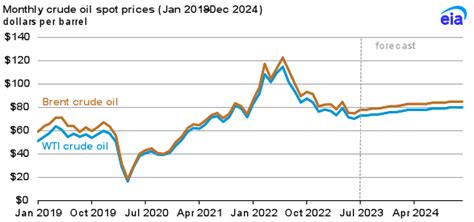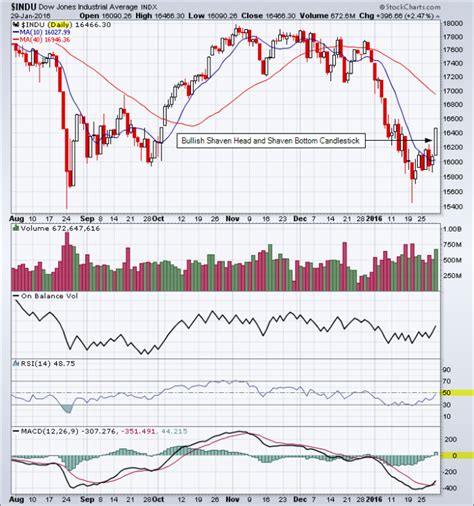Introduction
In the ever-evolving world of investing, exchange-traded funds (ETFs) and mutual funds have emerged as popular investment vehicles. While both offer investors access to a diversified portfolio, there are key differences that set them apart. Understanding these distinctions is crucial for making informed investment decisions.

What is an ETF?
An exchange-traded fund (ETF) is a type of investment fund that tracks a specific index, commodity, or basket of assets. ETFs are traded on stock exchanges, similar to individual stocks, allowing investors to buy and sell them throughout the trading day.
What is a Mutual Fund?
A mutual fund is a professionally managed investment fund that pools money from multiple investors and invests it in a diversified portfolio of stocks, bonds, or other assets. Mutual funds are not traded on stock exchanges but are instead bought and sold directly through the fund company.
Key Differences between ETFs and Mutual Funds
| Feature | ETF | Mutual Fund |
|---|---|---|
| Trading | Traded on stock exchanges like stocks | Not traded on stock exchanges |
| Flexibility | Can be bought and sold throughout the trading day | Usually traded once per day, after the market closes |
| Liquidity | Generally more liquid due to intraday trading | May have less liquidity than ETFs |
| Costs | Typically have lower fees than mutual funds | May have higher fees due to active management |
| Transparency | ETF holdings are publicly disclosed and updated throughout the trading day | Mutual fund holdings are typically disclosed less frequently |
Benefits of ETFs
- Low costs: ETFs often have lower expense ratios than mutual funds, which can translate into higher returns over time.
- Flexibility: ETFs can be traded throughout the trading day, providing investors with more flexibility in managing their investments.
- Transparency: ETF holdings are publicly disclosed and updated regularly, ensuring transparency for investors.
- Tax efficiency: ETFs can be more tax-efficient than mutual funds, especially in the case of ETFs that track underlying assets that are held outside the United States.
Benefits of Mutual Funds
- Professional management: Mutual funds are managed by experienced investment professionals, who make investment decisions on behalf of investors.
- Diversification: Mutual funds offer instant diversification across a wide range of assets, reducing risk for investors.
- Dollar-cost averaging: Mutual funds allow investors to automate their investments through regular contributions, smoothing out market volatility and potentially improving returns.
- Yields: Some mutual funds pay regular dividends or interest payments, providing a source of passive income for investors.
Pros and Cons
Pros of ETFs
- Low costs
- Flexibility
- Transparency
- Tax efficiency
Cons of ETFs
- May have less liquidity than mutual funds
- Can be subject to market volatility
- May not provide the same level of professional management as mutual funds
Pros of Mutual Funds
- Professional management
- Diversification
- Dollar-cost averaging
- Yield
Cons of Mutual Funds
- Higher costs
- Less flexibility
- Less transparency
- Less tax-efficient
How to Choose Between an ETF and a Mutual Fund
The choice between an ETF and a mutual fund depends on an investor’s individual circumstances, risk tolerance, and investment goals. Here are some factors to consider:
- Investment goals: ETFs are suitable for investors who want more control over their trading and may be comfortable with more market volatility. Mutual funds are better for investors who prefer professional management and a more simplified investment approach.
- Risk tolerance: ETFs can be more volatile than mutual funds, making them less suitable for investors with a low risk tolerance.
- Investment horizon: ETFs may be more suitable for short-term investments, while mutual funds may be better for long-term investments.
Conclusion
ETFs and mutual funds are both valuable investment vehicles that offer investors access to a diversified portfolio. However, there are key differences in their trading mechanisms, flexibility, liquidity, costs, and management. By understanding these differences, investors can make informed decisions about which investment vehicle best aligns with their individual needs and financial goals.
Hot Search Title
ETF vs Mutual Fund: The Ultimate Guide to Investing in 2025
Reviews
- “This guide provides a clear and comprehensive overview of the differences between ETFs and mutual funds. It helped me make a well-informed decision about the best investment vehicle for my portfolio.” – Sarah M., Investment Advisor
- “As a seasoned investor, I found this article to be a valuable refresher on the key distinctions between ETFs and mutual funds. It serves as a helpful reminder of the factors to consider when making investment decisions.” – John D., Financial Analyst
- “I’m a beginner in the stock market, and this article was an excellent resource for understanding the basics of ETFs and mutual funds. It demystified the concepts and gave me the confidence to start investing.” – Mary S., Investor
- “The tables summarizing the key differences between ETFs and mutual funds were particularly helpful in visualizing the distinctions and making informed choices.” – Robert P., Investment Manager



